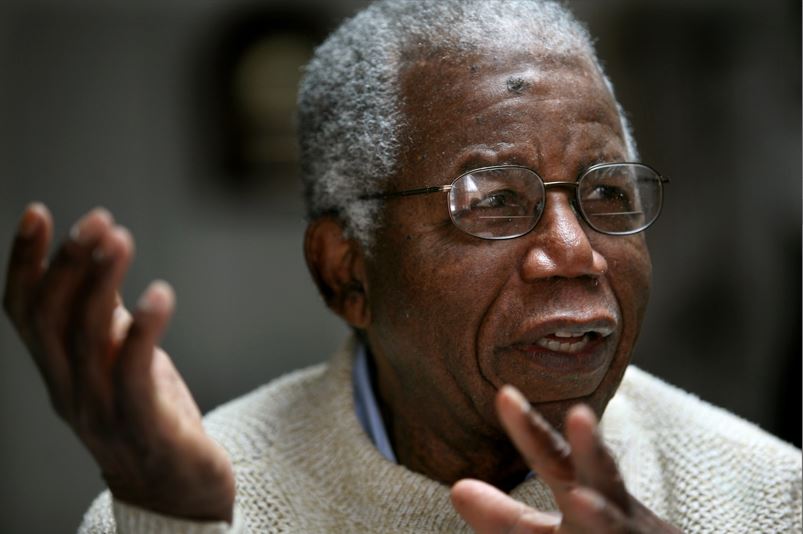Nigeria’s Anambra International Cargo and Passenger Airport has been renamed after celebrated poet the late Chinua Achebe.
Chinua Achebe who died in 2013 was a Nigerian novelist, poet, and critic who is regarded as a central figure of modern African literature.
Governor Chukwuma Soludo of Anambra state, renamed the Anambra International Cargo and Passenger Airport, Umueri, after the late literary icon, Prof. Chinua Achebe.
The Vice President of Ohaneze Ndigbo Worldwide, Chief Damian Okeke-Ogene called on other South-East Governors to build monuments to immortalise the late literary icon who spent his entire life projecting Igbo social cultural identity across the globe.
Okeke-Ogene noted that through his creative works, late Achebe sustained the fight and outcry against “marginalisation, injustice and suppression of Ndigbo”.
He also stood for Africa and the black race in general as well as made huge sacrifices to give Igbos a strong voice and recognition across the globe.
Okeke-Ogene said Achebe’s literary achievements celebrated Igbo rich cultural heritage and tradition that will continue to inspire present and future generations as well as help preserve Igbo cultural identity.
He noted that the honour will equally remain a source of inspiration to young writers who will now be encouraged to explore opportunities in the creative world to attain their full potential.
Chinua Achebe’s first novel and magnum opus, Things Fall Apart, occupies a pivotal place in African literature and remains the most widely studied, translated, and read African novel.
Through his fiction and non-fiction works, Nigerian author Chinua Achebe sought to repair the damage done to the continent of Africa and its people as a result of European colonization.
This is best exemplified in his most famous novel “Things Fall Apart,” one of the first African novels written in English to achieve national acclaim.
Set in the 1890s, the novel deals with the impact of British colonialism on the traditional Igbo society in Nigeria.
The novel was published in 1958 — just two years before the end of a century of British rule in Nigeria.




















